It’s hard to imagine a time before Olive Garden, when you couldn’t just roll up to one and get a basket of breadsticks and extra alfredo for dipping, and then take a Tour of Italy. We don’t like to think about life before Olive Garden, so we’d rather spend a moment reflecting on all the most iconic Olive Garden moments that have happened since the first location opened in Orlando, Florida, in 1982.
Thankfully, the newest season of The Food That Built America, premiering Sunday, February 25, on the History Channel, does just that, chronicling our country’s love affair with Olive Garden. Look out for Delish’s Editorial Director, Joanna Saltz, and Food Editor, Brooke Caison, who are both featured in the episode (and watch their clips in this article). As you’ll find out, there’s probably a lot you didn’t know about the beloved Italian-American restaurant.
It was the first original restaurant concept developed by General Mills.
Yes, that General Mills was behind the creation of Olive Garden, and also the management of Red Lobster. They eventually decided to focus on breakfast cereals in 1995, and spun off the management of both chains into Darden Restaurants, which would go on to launch Bahama Breeze and Seasons 52, and acquire Capital Grille and Yard House restaurants, amongst others.
In fact, it wasn’t even called “Olive Garden” until 1998.
It was officially called “The Olive Garden” for the first 16 years of its existence. An immediate hit amongst diners, Olive Garden expanded in a major way throughout the ‘80s and ‘90s, thanks to its focus on keeping bills low (on average, in the low $20 range), while helping feed America’s obsession with Italian food.
So many beloved Italian-American dishes became even more popular thanks to Olive Garden.
Olive Garden recipe developers are experts in Americanizing recipes that you’d hardly find in Italy, like spaghetti and meatballs, chicken parm, and chicken fettuccine alfredo. They’ve even renamed hard-to-pronounce items like gnocchi; they became “Italian dumplings.” You could call it the Italian-American revolution, in a way.
At one point in time, Jimmy Fallon owned the rights to Olive Garden’s famous catchphrase.
This sounds like a joke, but it’s actually true. When Olive Garden retired its slogan, “When You’re Here, You’re Family” in 2013, Jimmy Fallon joked about asking Olive Garden if he could use the slogan for Late Night with Jimmy Fallon. And Olive Garden said yes, with the president of the restaurant officially handing over the licensing agreement to Fallon on air. To make this story even better, Fallon then went on to gift the slogan to rapper Post Malone, who is a self-described Olive Garden superfan.
Olive Garden was the first restaurant to coin the concept of “unlimited” menu items.
Even though they changed their famous tagline to “We’re all family here,” we’re glad that one thing has stayed consistent: their “never ending” menu items. Starting with unlimited salad, these never ending menu options expanded to include breadsticks, soup, and most importantly, pasta, which would happen in 2013.
Olive Garden serves, on average, over 600 million breadsticks a year.
At one point in time, an investor actually complained about Olive Garden’s “wasteful” breadsticks, saying that the chain wastes between $4 to $5 million dollars in food each year and attempted to change the policy. Thankfully, the breadsticks remain unlimited, but servers are taught not to bring a second basket until a table orders entrees or specifically asks for another round of breadsticks. So, if you’re trying to coast on the free breadsticks alone, you’ll only get so far.
Olive Garden accidentally created a black market around their Never Ending Pasta Passes.
To make a good thing even better, 2014 would bring diners the yearly option for a limited amount of Never Ending Pasta Passes, which means unlimited bowls of pasta for nine weeks for just $99. If that’s still not enough, don’t sweat it, because they now even offer a Lifetime Pasta Pass, which has previously sold out in milliseconds. Unsurprisingly, this has led to the formation of a Pasta Pass black market, with some pass-holders reselling their passes for up to five times the original price.
If you’re looking for more Never Ending Olive Garden facts, be sure to check out the season five premiere of The Food That Built America on the History Channel this Sunday, February 25, at 9 p.m. ET.


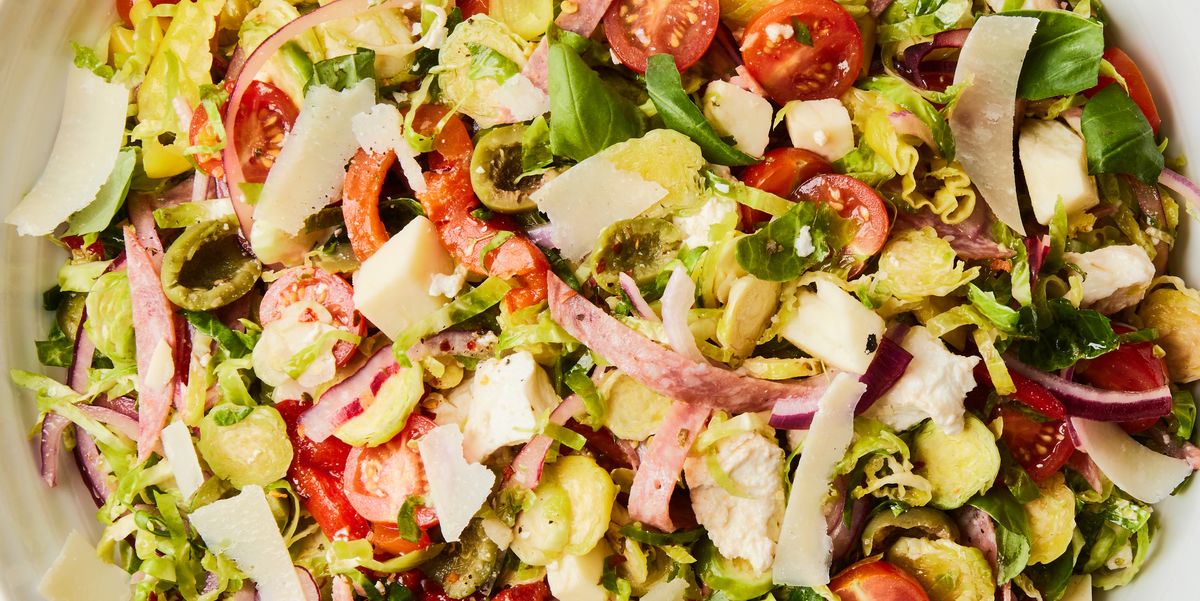
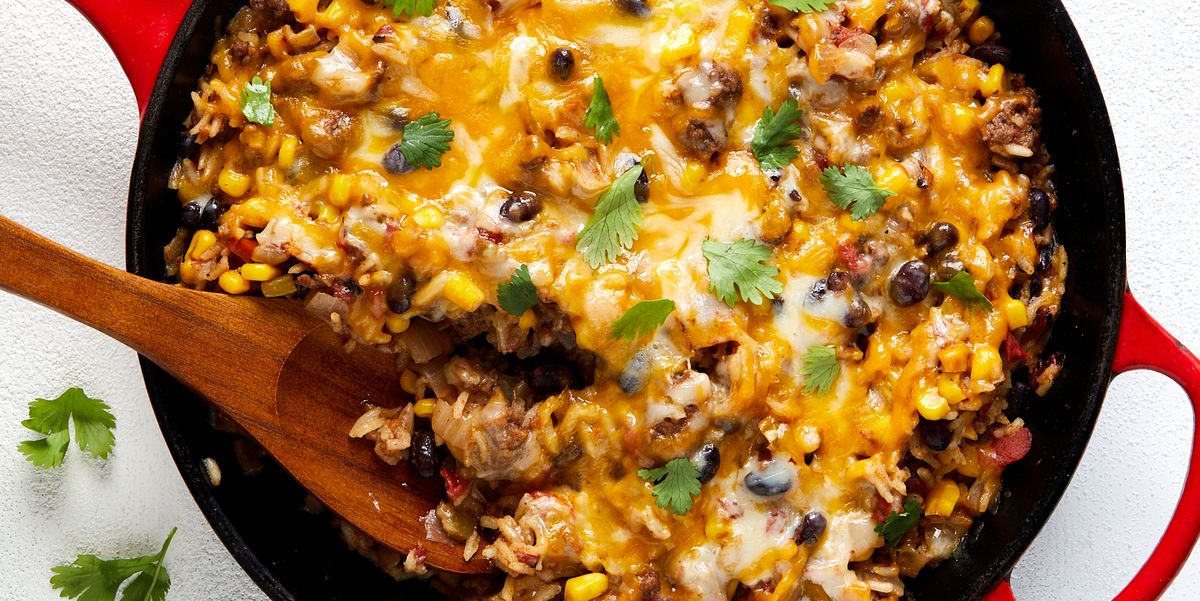
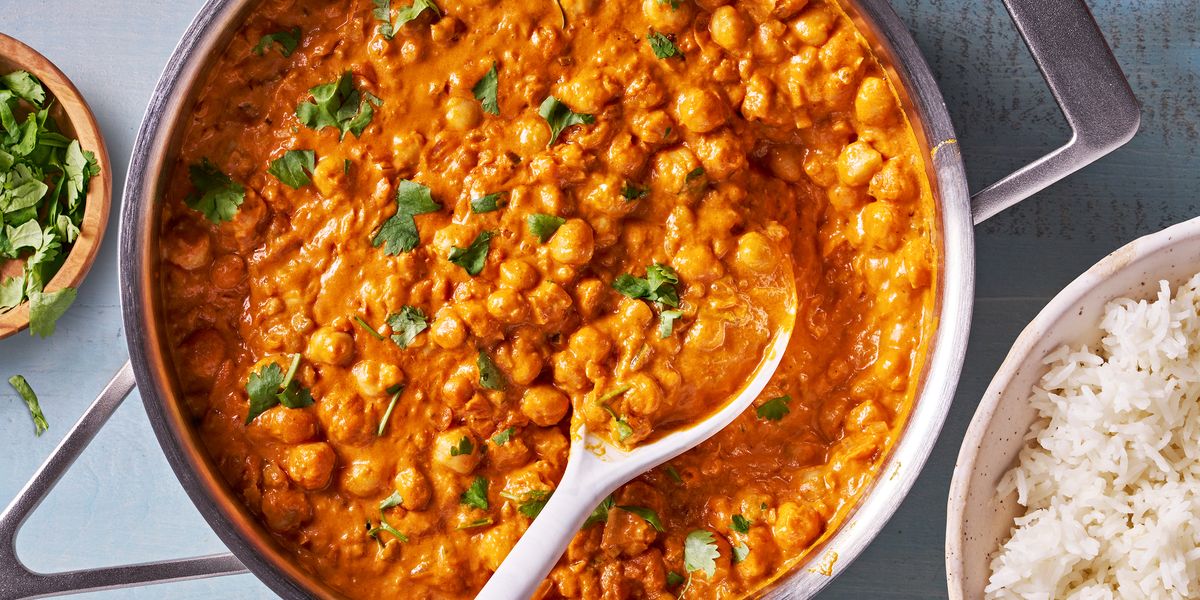
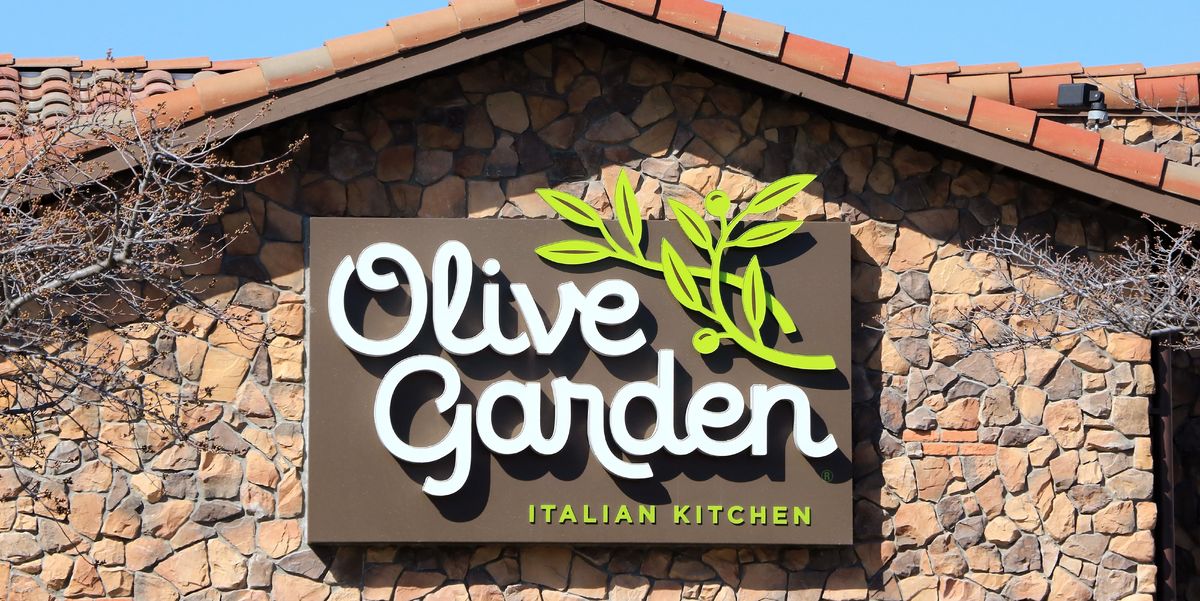
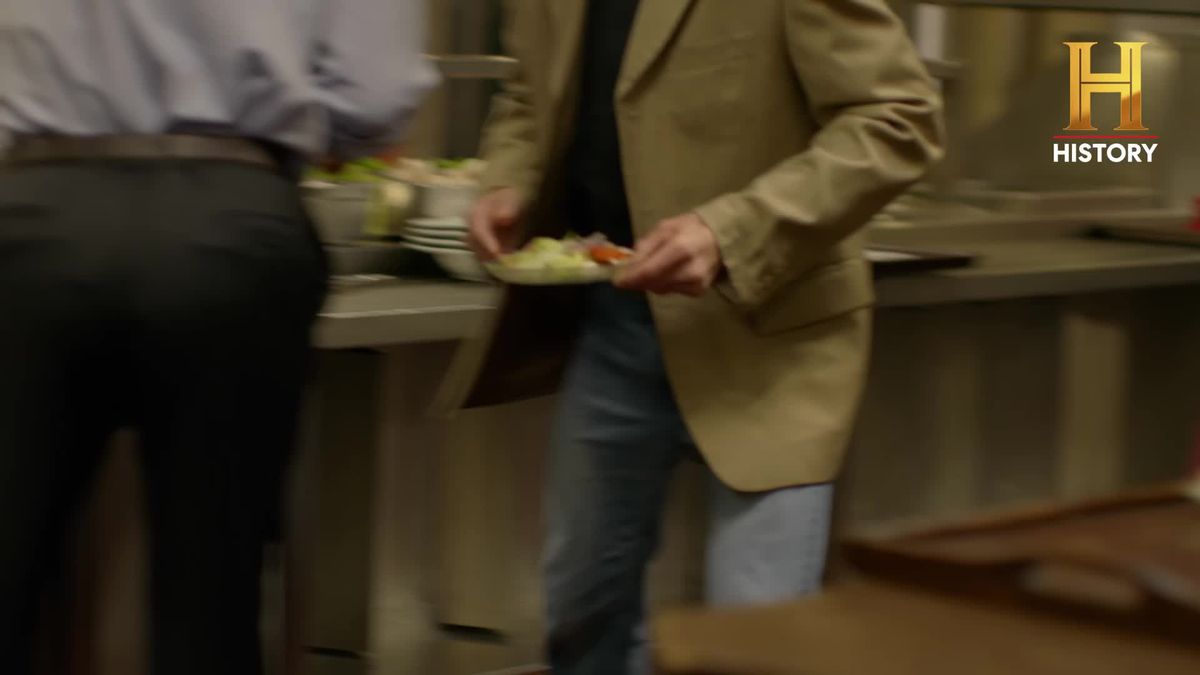
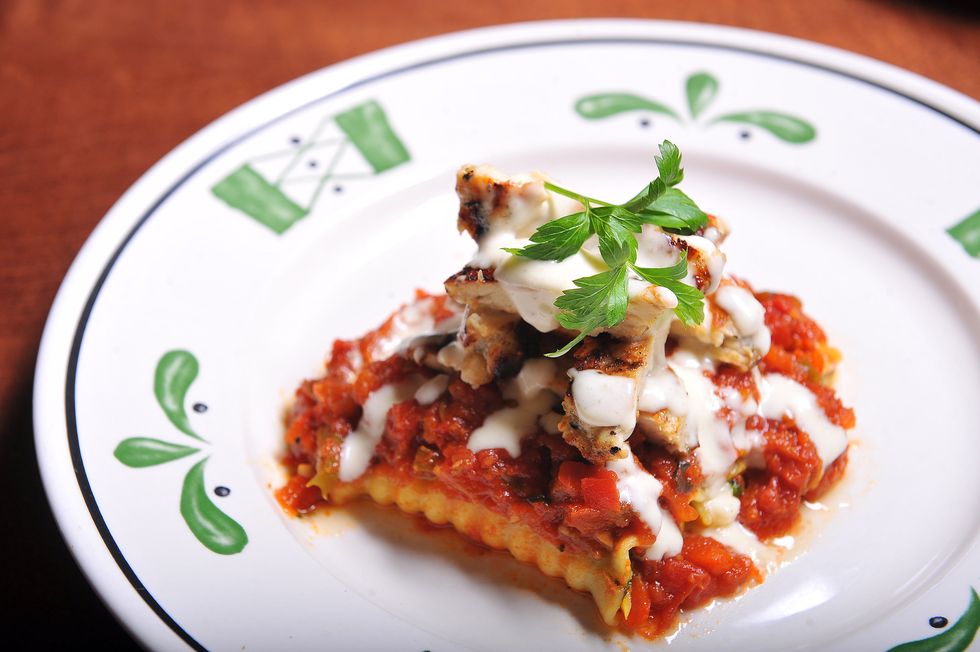
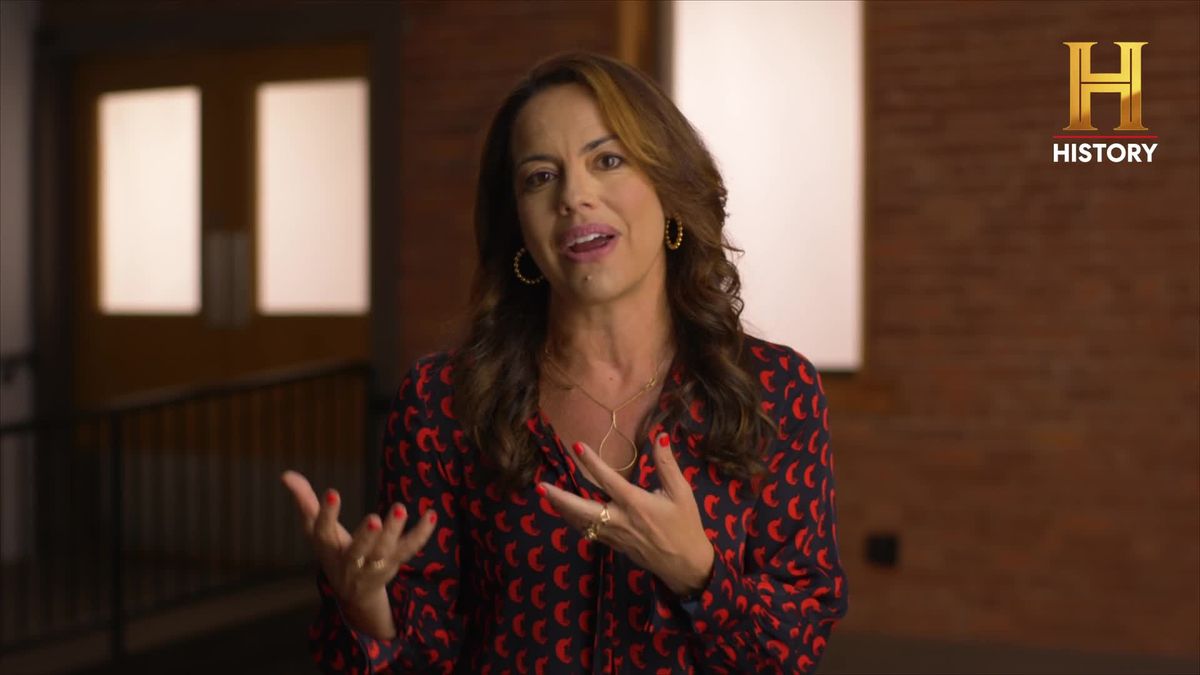







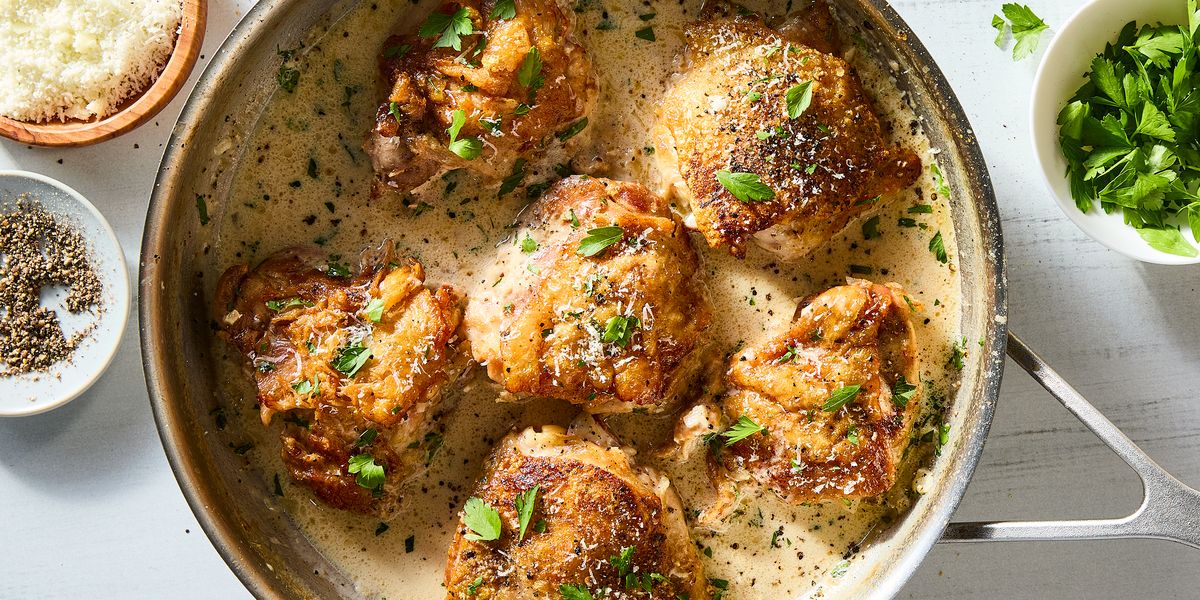



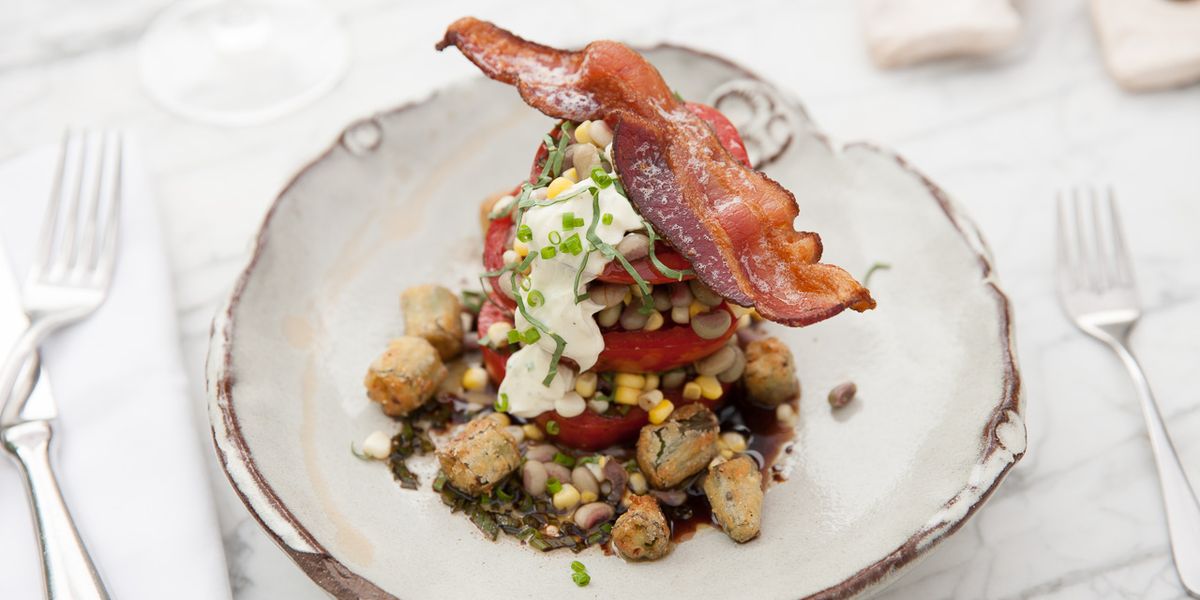

Leave a Reply